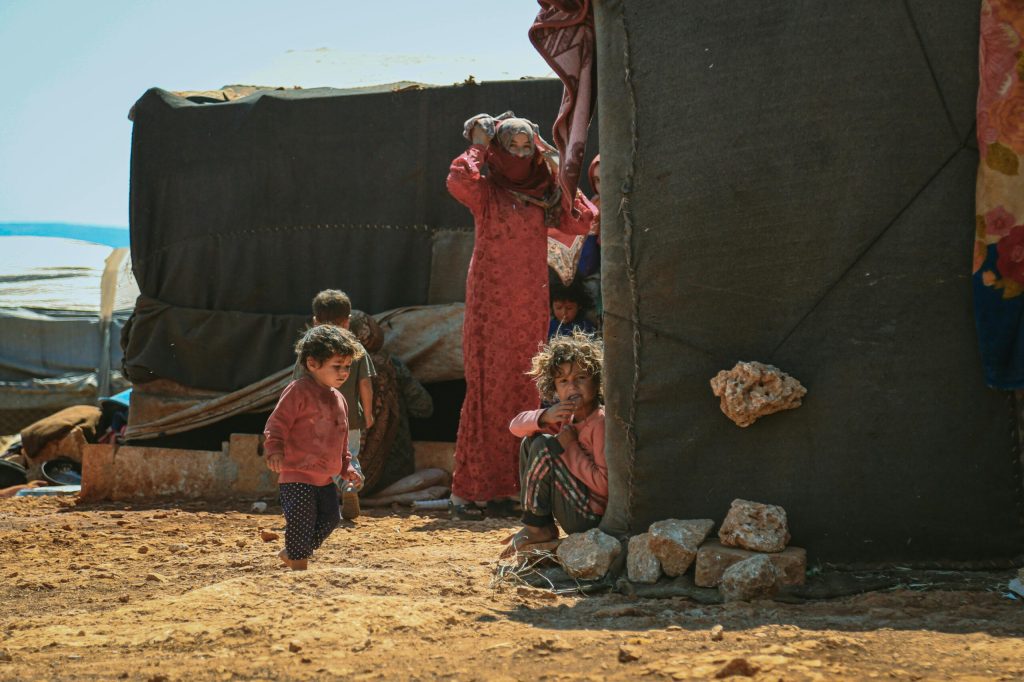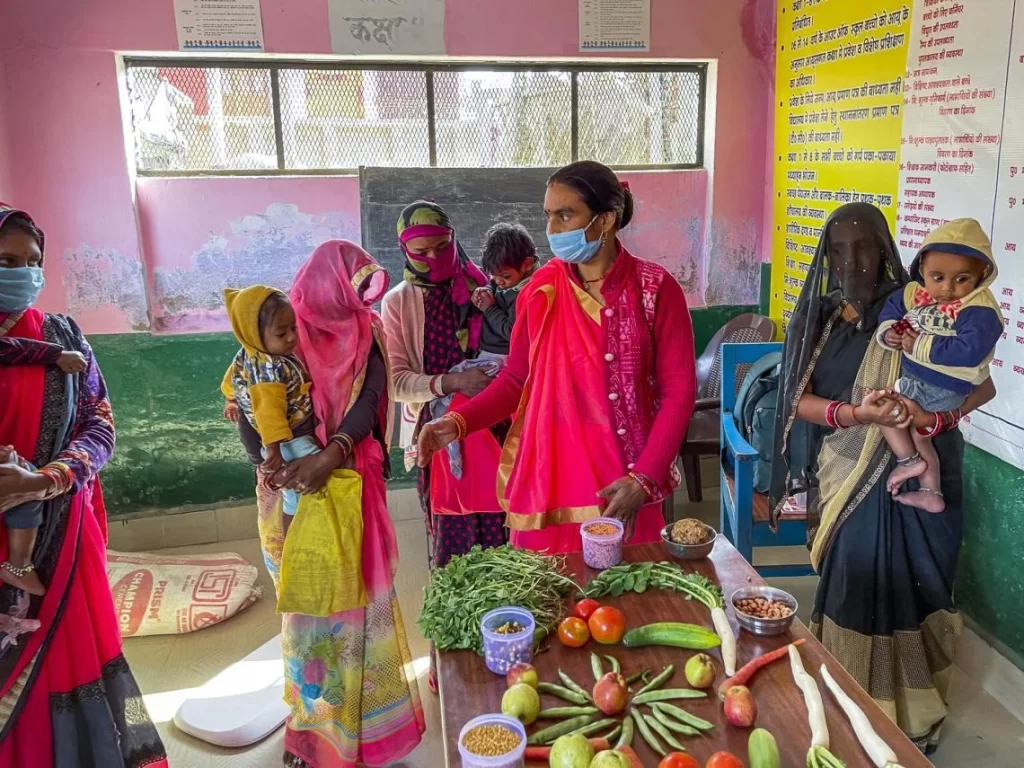Challenges Faced by Poor Kids in India

Date: 12 January 2024 ; Author: Vagavi Prakash India, with its rich cultural heritage and rapid economic growth, has made significant strides in various domains. However, the journey toward progress has not been equally shared by all. Children from economically disadvantaged backgrounds face unique challenges that hinder their growth, development, and well-being. Let’s delve into some of these critical issues: 1. Malnutrition and Health Inequities 2. Education Barriers 3. Gender Disparities 4. Urban-Rural Divide 5. Violence and Safety Concerns 6. Adolescent Vulnerability In conclusion, while India celebrates its economic achievements, it must address the persistent challenges faced by its underprivileged children. A holistic approach involving education, healthcare, gender equality, and safety measures is essential to create a brighter future for all. Sources:
Child nutrition in India: A sad saga

Date: 12 June 2023 ; Author: Vagavi Prakash Child nutrition in India is a topic that has been widely discussed and researched in recent years. According to the World Health Organization, child nutrition is the process of providing adequate, balanced and appropriate food and nutrients to children at different stages of their growth and development. Child nutrition is important for ensuring the physical, mental and social well-being of children, as well as preventing and treating various diseases and disorders. However, child nutrition in India faces many challenges and problems, such as poverty, malnutrition, undernutrition, micronutrient deficiencies, obesity, and food insecurity. According to the National Family Health Survey (NFHS-5), 2020-21, about 35.7% of children under five years of age are stunted (low height for age), 17.3% are wasted (low weight for height), and 33.4% are underweight (low weight for age) in India. These indicators reflect the chronic and acute forms of malnutrition that affect the growth and development of children. Some of the causes of poor child nutrition in India are lack of maternal education, awareness and care, inadequate dietary diversity and quality, poor sanitation and hygiene, lack of access to health services and immunization, and social and gender inequalities. To address these issues, the government of India has launched various schemes and programs, such as the Integrated Child Development Services (ICDS), the Mid-Day Meal Scheme (MDMS), the National Health Mission (NHM), the Rashtriya Bal Swasthya Karyakram (RBSK), and the POSHAN Abhiyaan. These initiatives aim to provide supplementary nutrition, health check-ups, immunization, deworming, iron and folic acid supplementation, and behavior change communication to children and their mothers. Child nutrition in India is a complex and multifaceted problem that requires a holistic and multisectoral approach. It is essential to improve the nutritional status of children in India, as it has implications for their health, education, productivity, and economic development. As the former Prime Minister of India, Dr. Manmohan Singh, said, “The problem of malnutrition is a national shame. I appeal to the entire nation to join hands to end this scourge”. Sources: https://main.mohfw.gov.in/sites/default/files/NFHS-5_Phase-II_0.pdf


